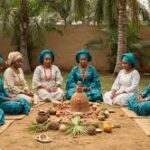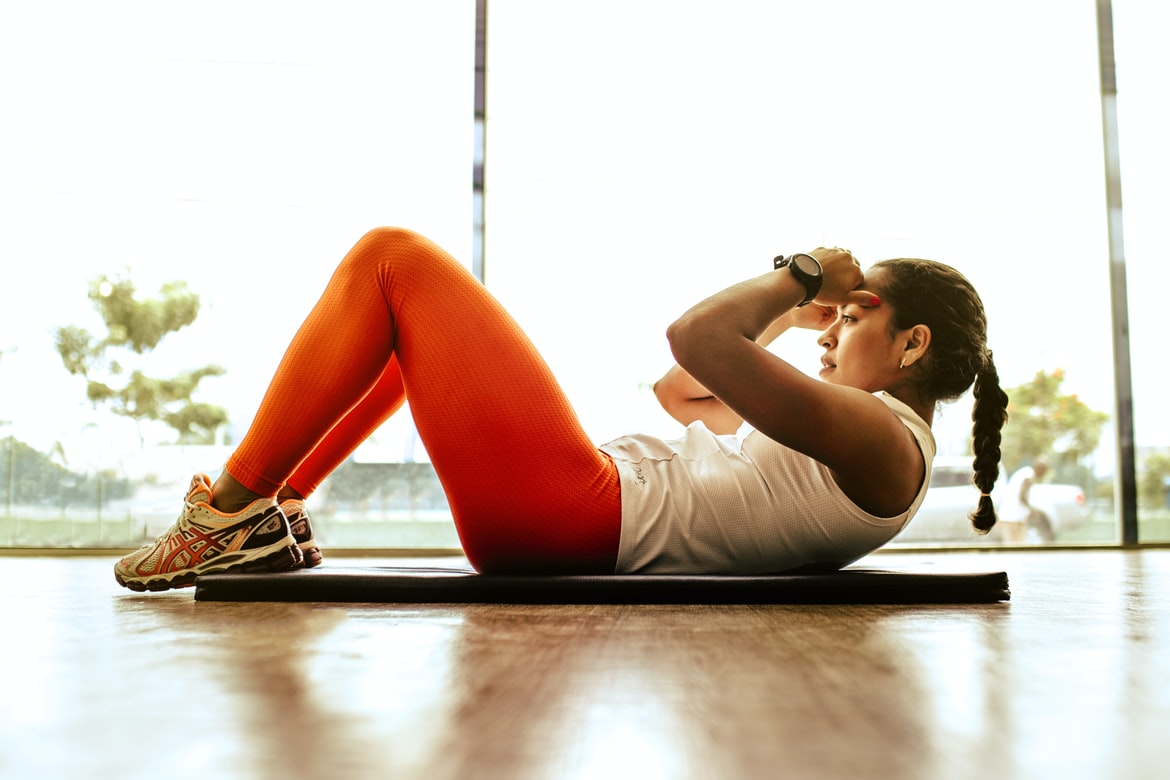Traditional African Fitness: Dance, Farming & Daily Life

Before gyms, treadmills, and workout apps, Africans were already living active, healthy lives. Fitness was naturally woven into daily routines, cultural practices, and community life. From traditional dances to farming and everyday chores, movement was a way of life that kept people strong, fit, and resilient.
Dance: Rhythm, Culture, and Cardio
Dance has always been central to African culture — a form of storytelling, celebration, and spirituality. Beyond its cultural value, it is also one of the best workouts:
-
Cardio health – elevates heart rate and improves stamina
-
Strength and flexibility – movements engage core and leg muscles
-
Mental wellness – dance reduces stress and builds joy
-
Community connection – group dances promote bonding and belonging
Whether it’s Maasai jumping dances, Yoruba bata, or Afrobeat-inspired moves, traditional African dance remains a fun, holistic workout.
Farming: The Original Strength Training
Agriculture has long been a foundation of African societies. Farming activities such as:
-
Clearing land
-
Hoeing and planting
-
Carrying harvests
-
Fetching water
engage multiple muscle groups, build endurance, and mirror modern strength training. For many, farming was both livelihood and natural fitness.
Daily Life as Exercise
African daily routines historically involved constant movement. Activities like pounding yam, sweeping compounds, grinding grains, or walking long distances to markets provided a natural workout. Unlike today’s sedentary city lifestyles, traditional living kept people active throughout the day.
Health Benefits of Traditional African Fitness
-
Lower risk of chronic disease through regular movement
-
Healthy body weight maintained without dieting trends
-
Improved mental health due to stress-relieving activities
-
Longevity and vitality from consistent physical activity
Bringing Tradition Into Modern Life
With urbanization, technology, and office jobs, many Africans have adopted sedentary lifestyles. Yet, there’s a growing return to cultural fitness:
-
Afro-dance fitness classes in gyms and online
-
Community walks and festivals that promote movement
-
Urban farming projects that mix food security with exercise
Final Thoughts
Fitness is not new to Africa — it has always been part of everyday life. By embracing dance, farming, and daily activity, Africans can reconnect with their roots while building healthier futures. Traditional African fitness proves that health doesn’t always require gyms or equipment — just movement, culture, and community.
Written by Fawzi Rufai, Medically Reviewed by Sesan Kareem



